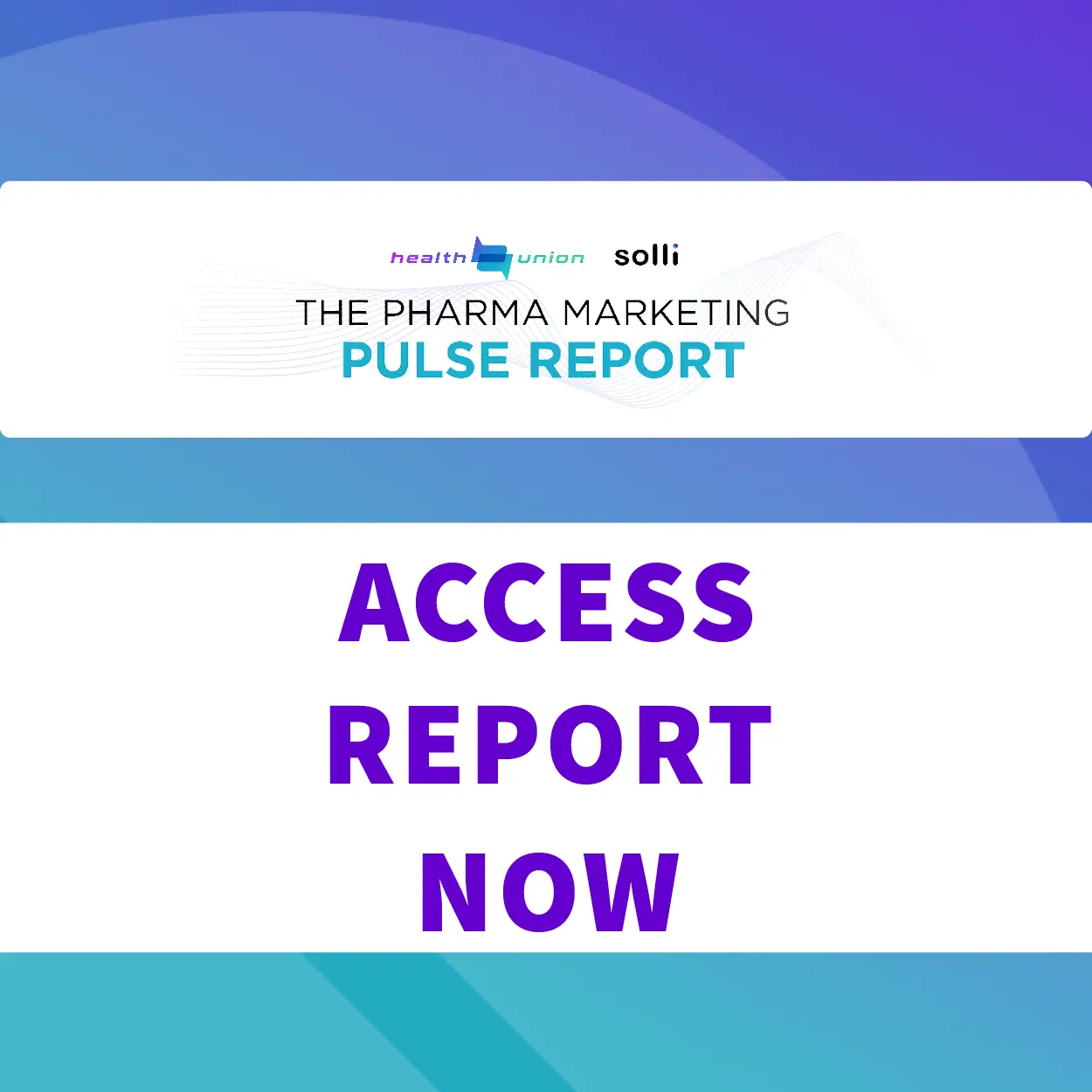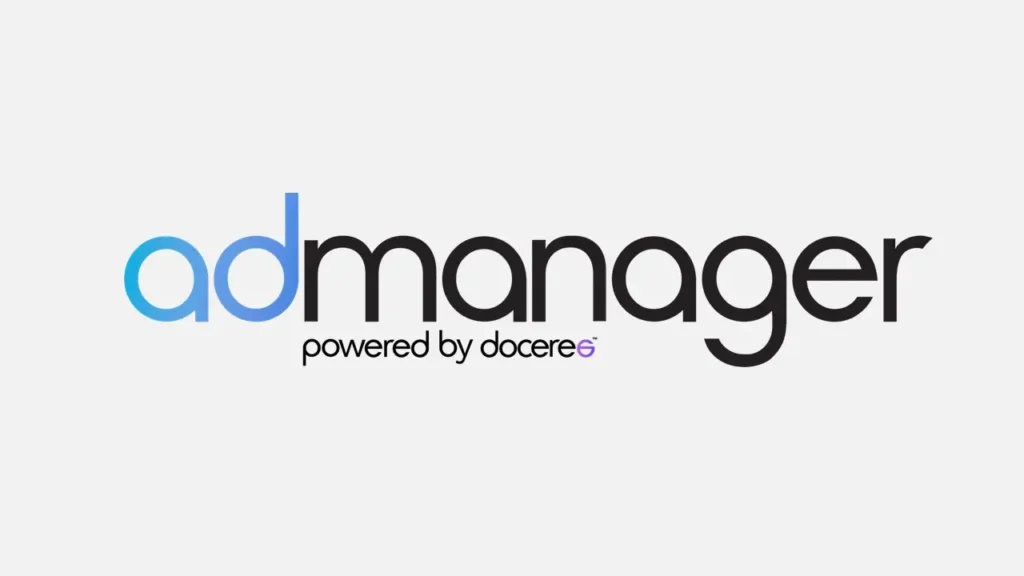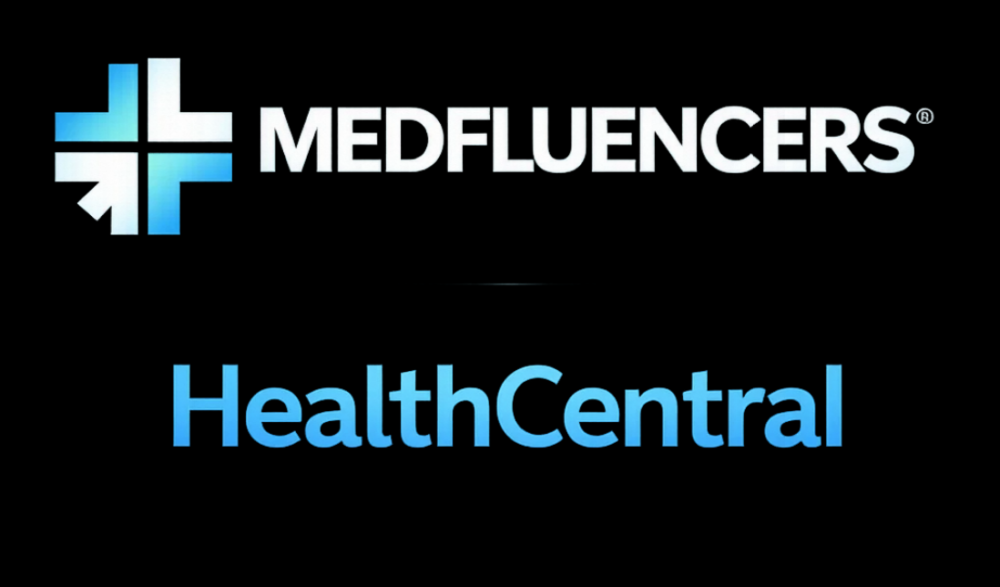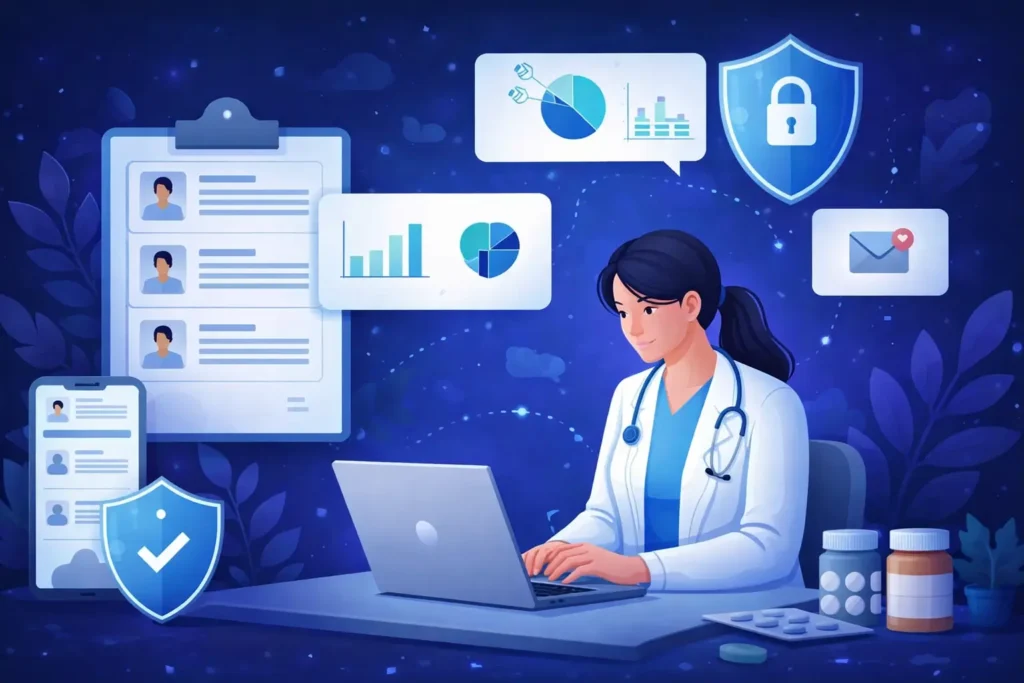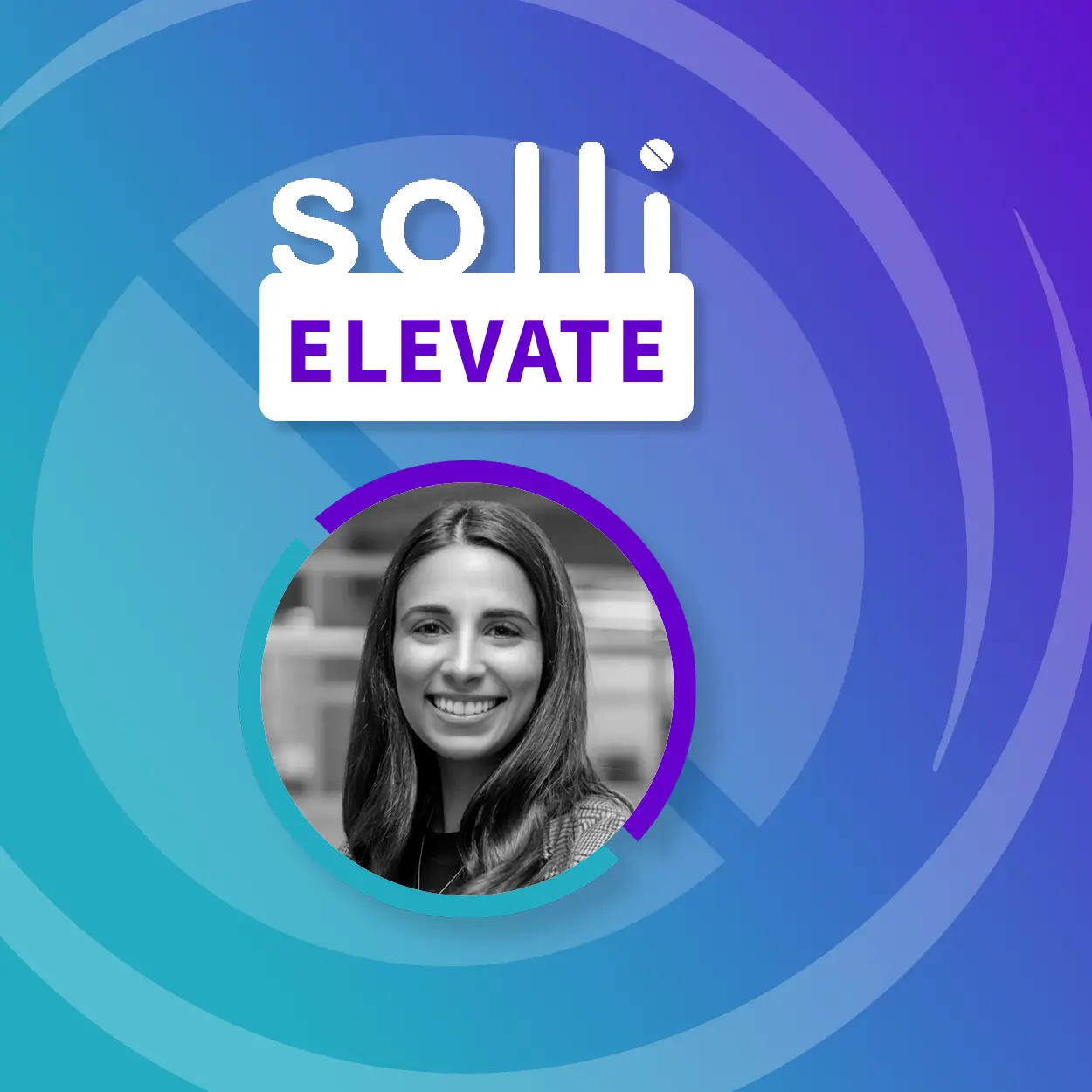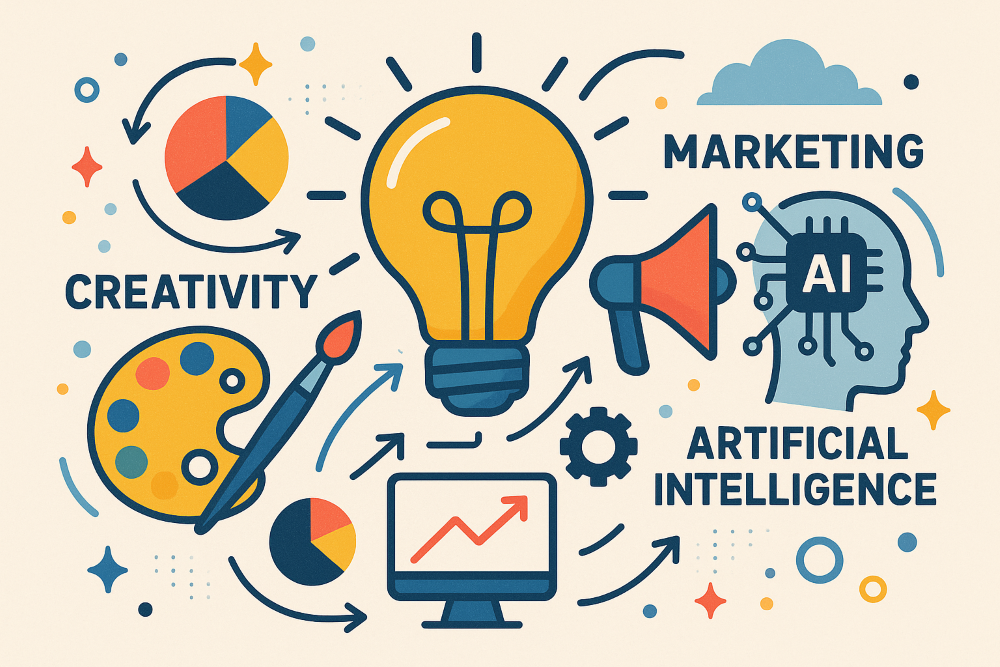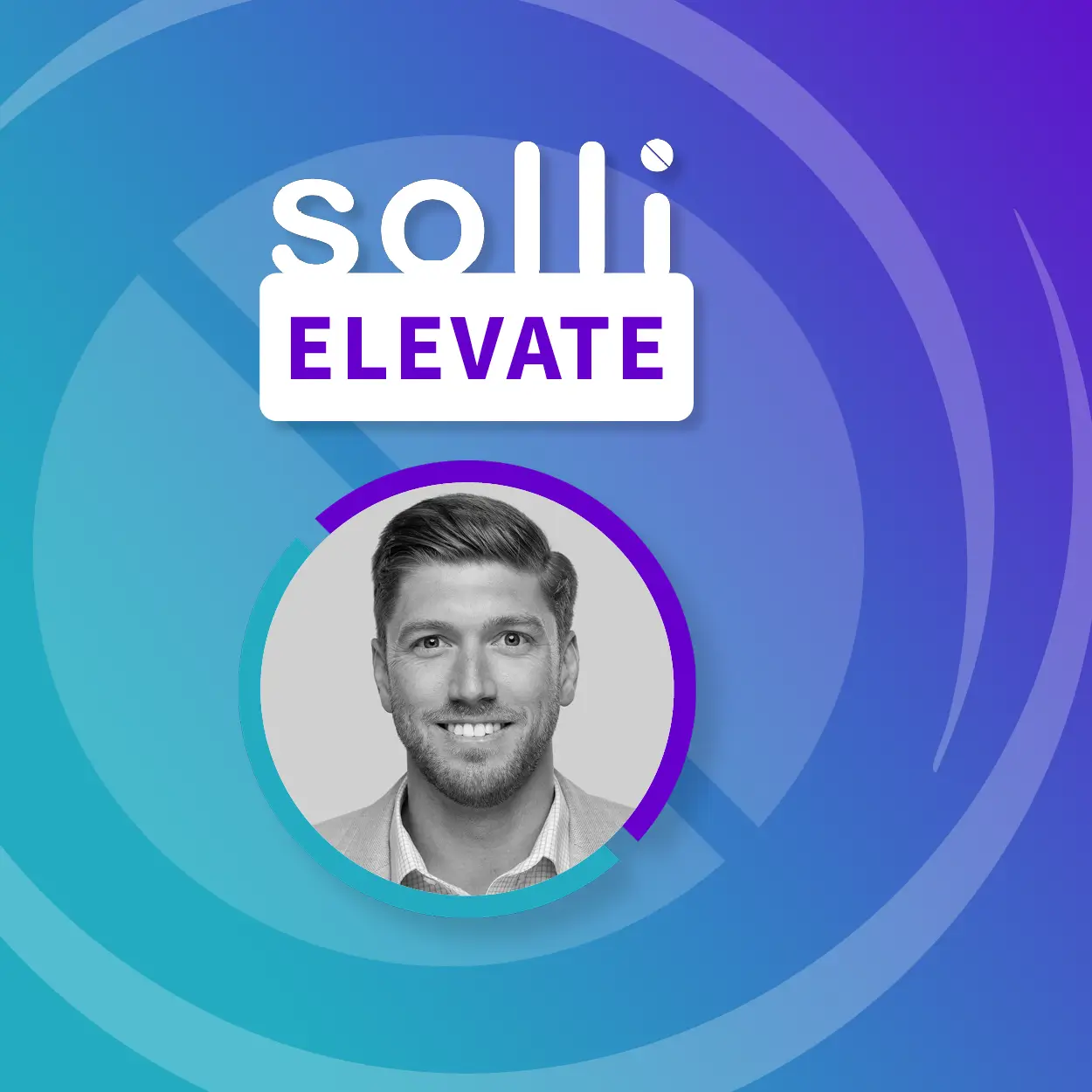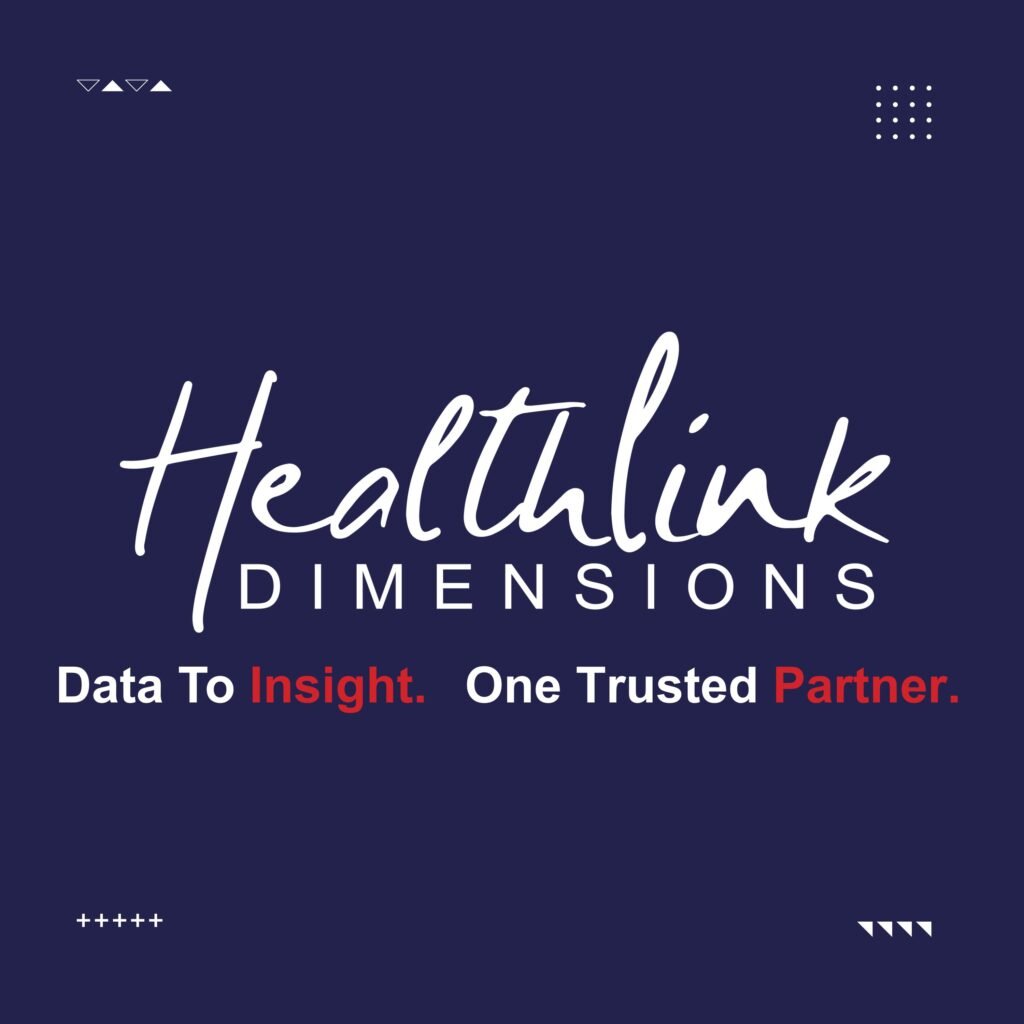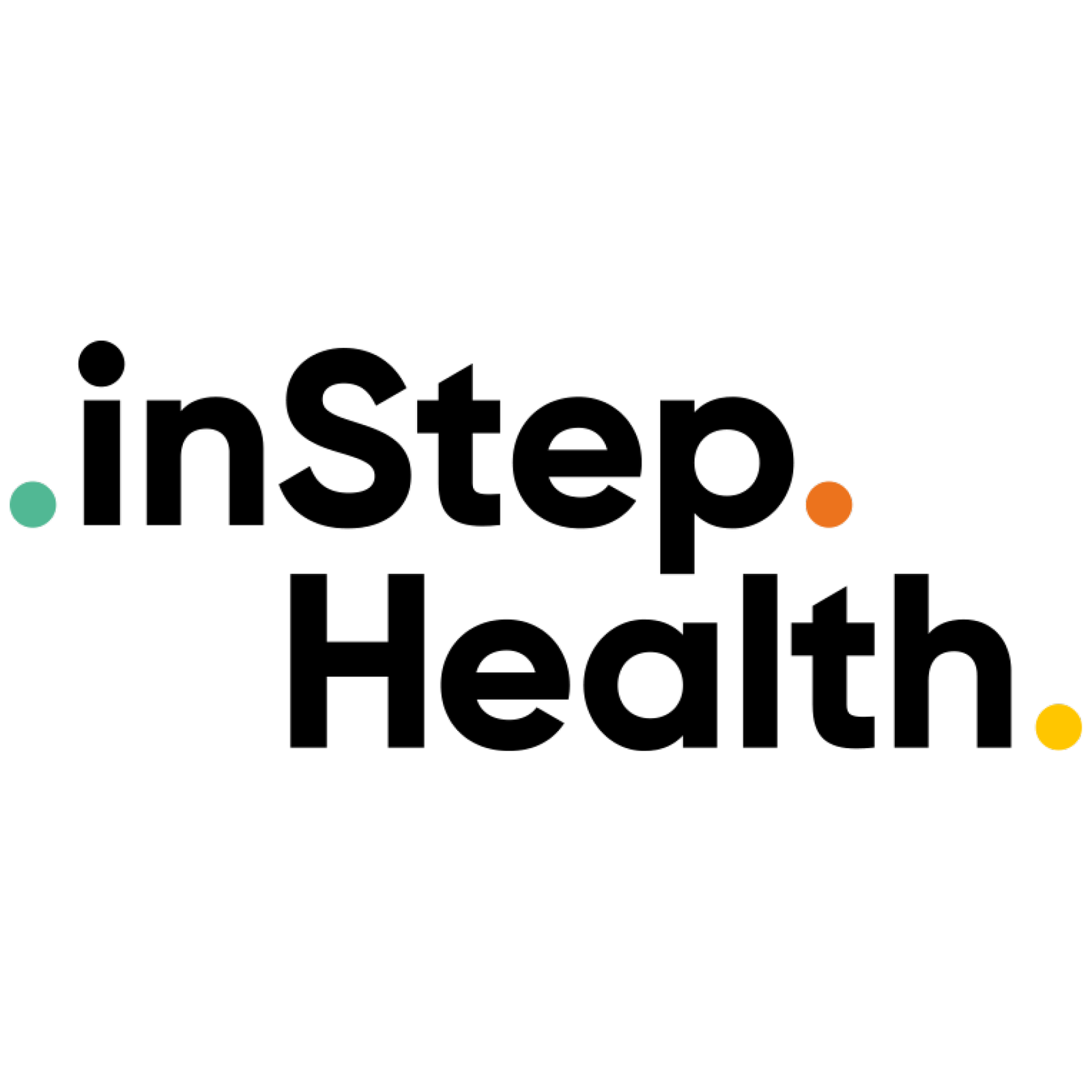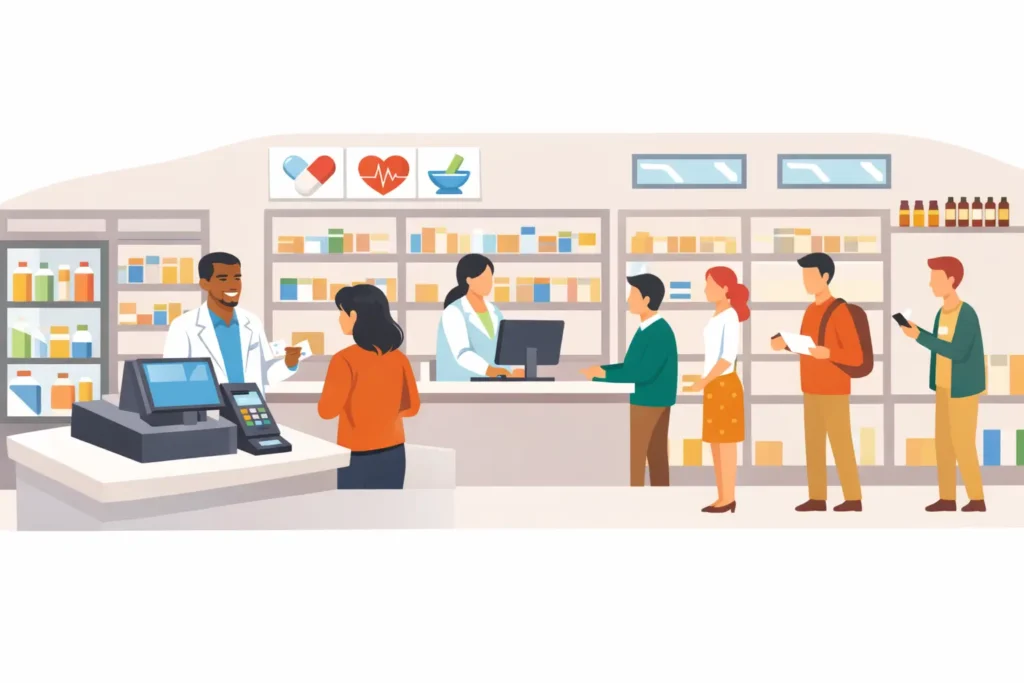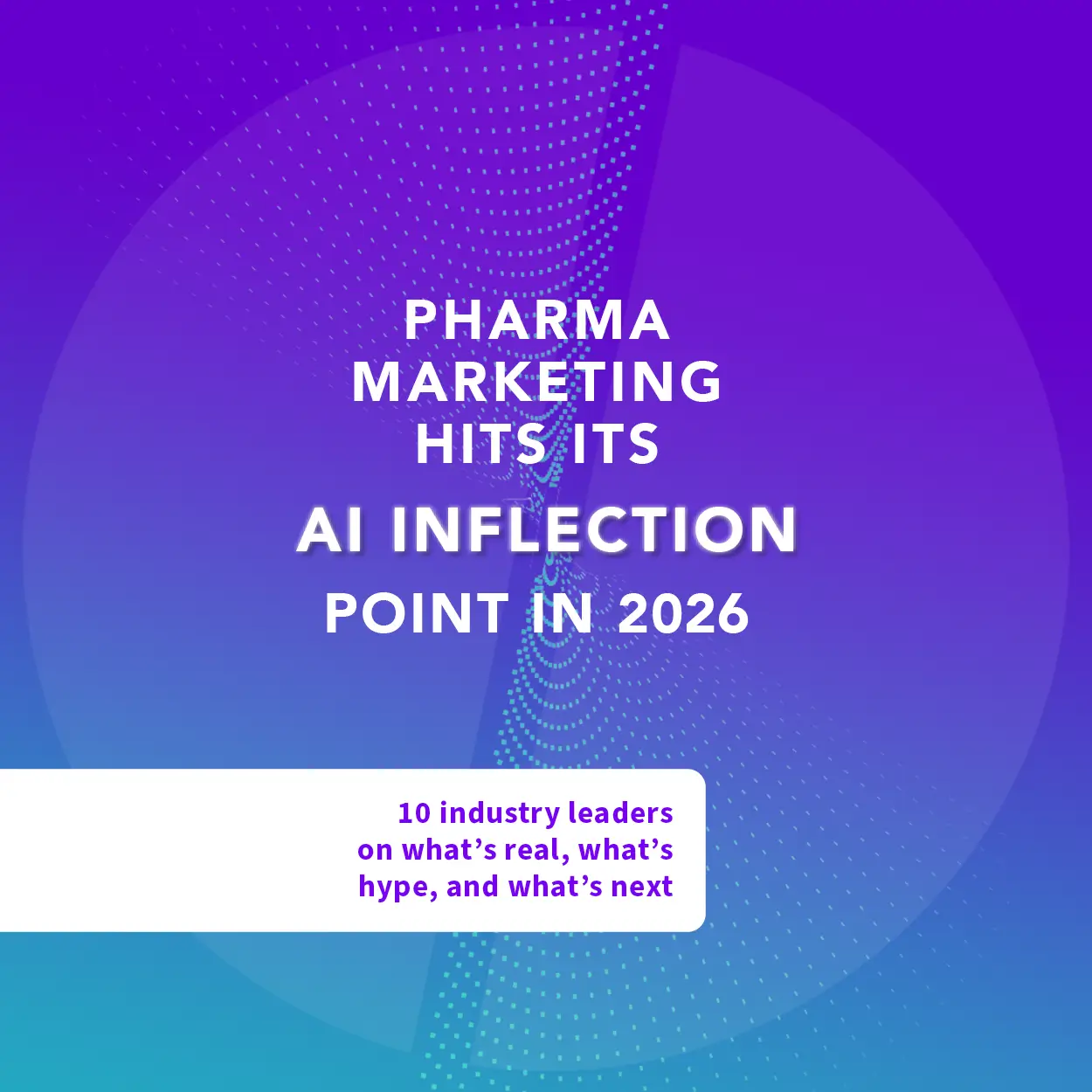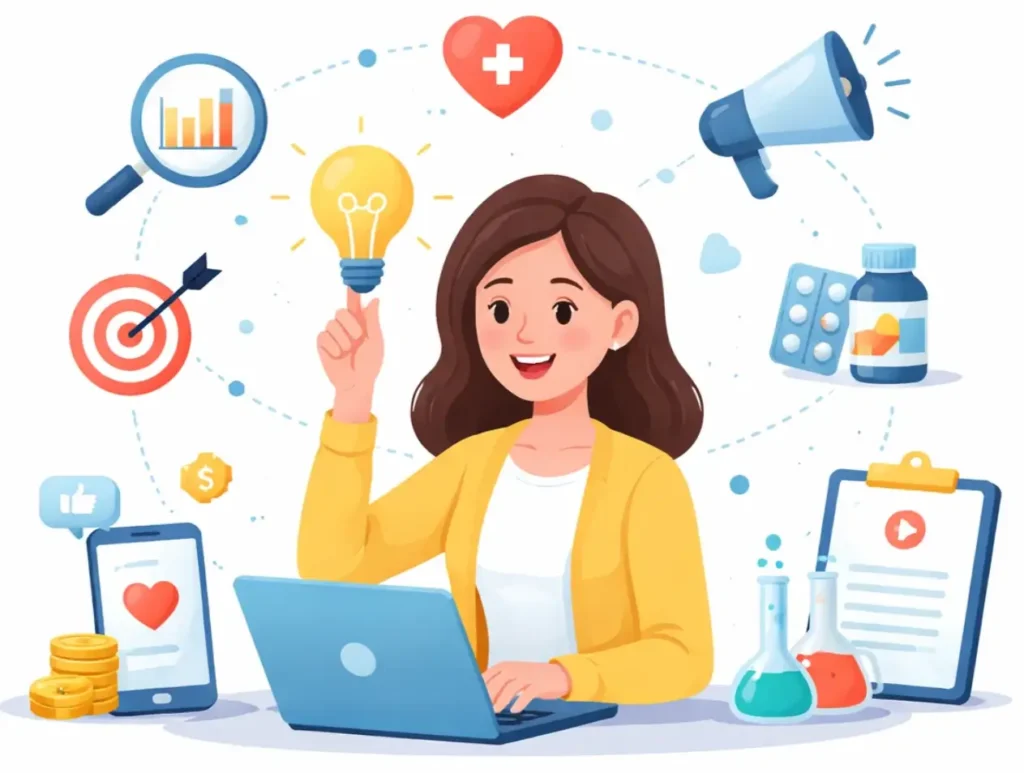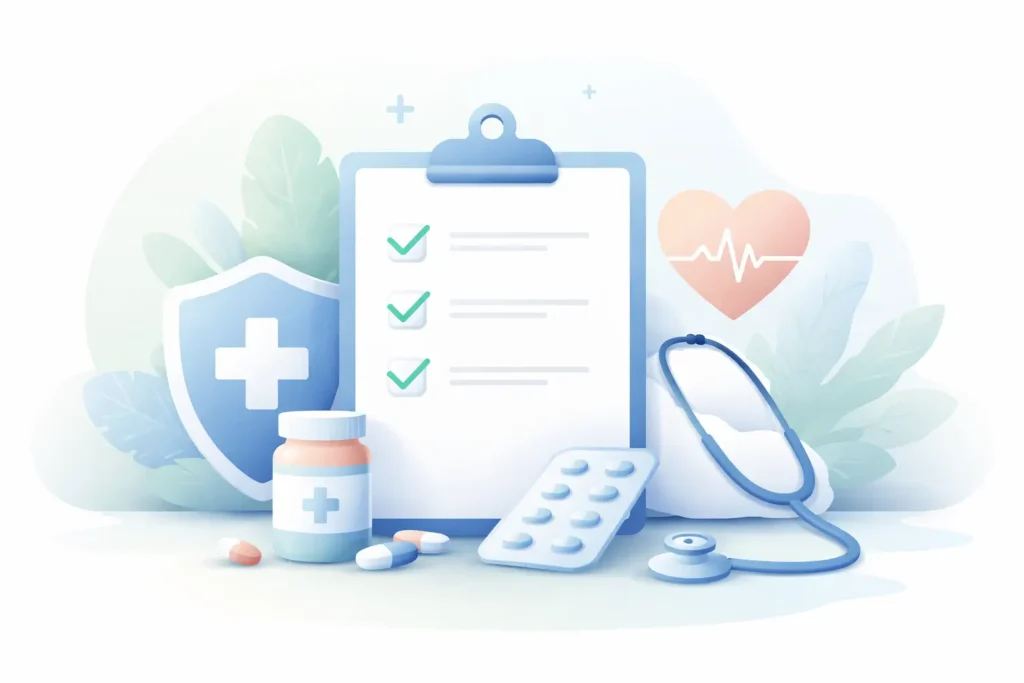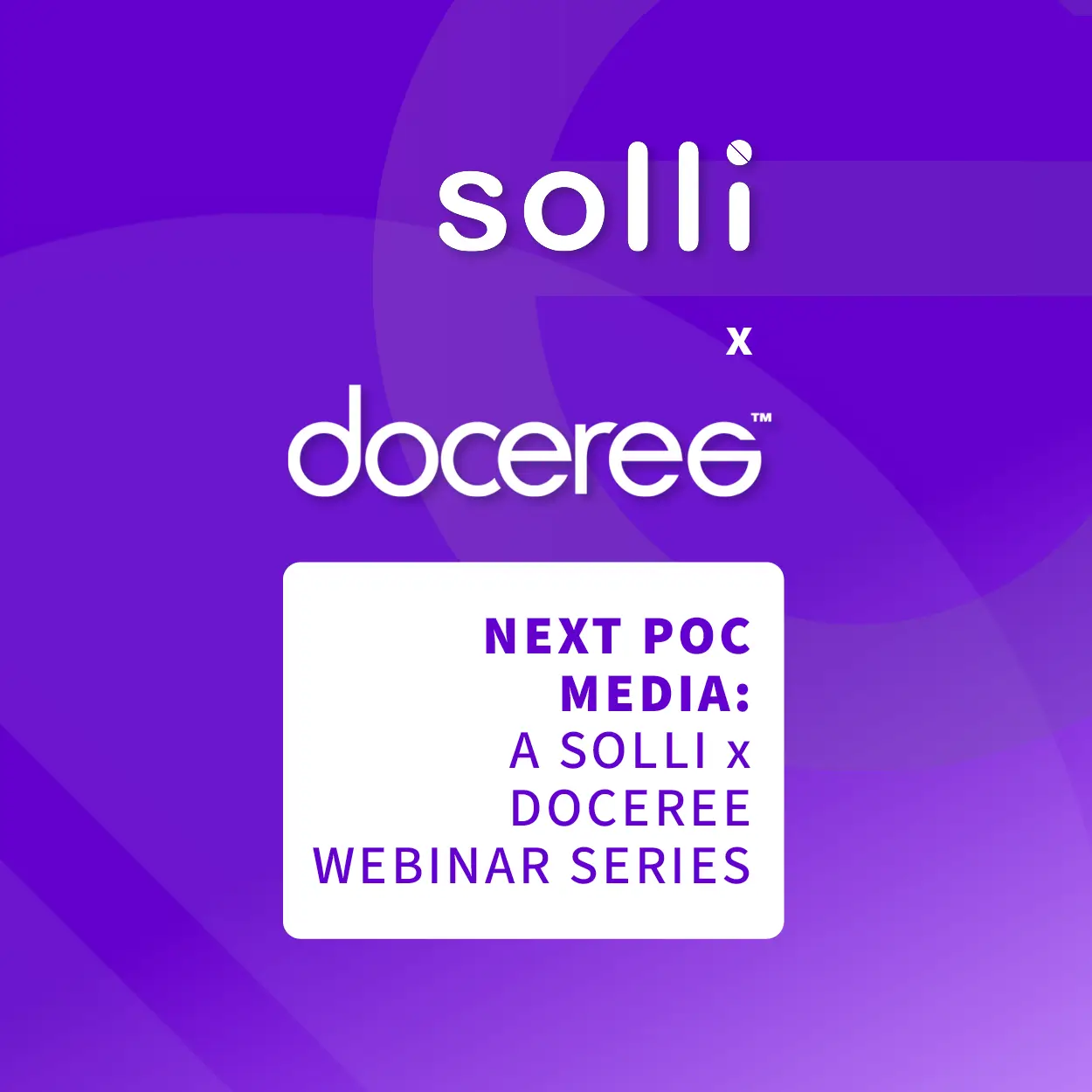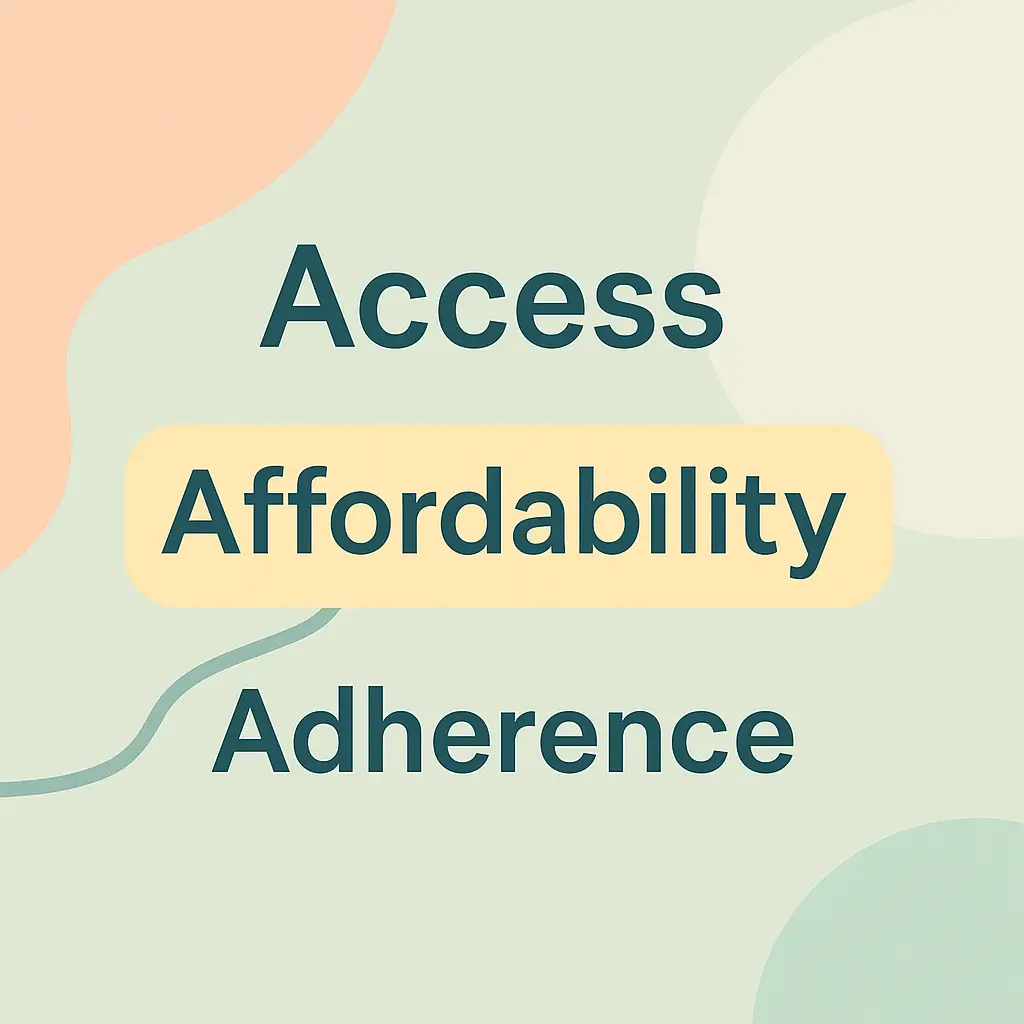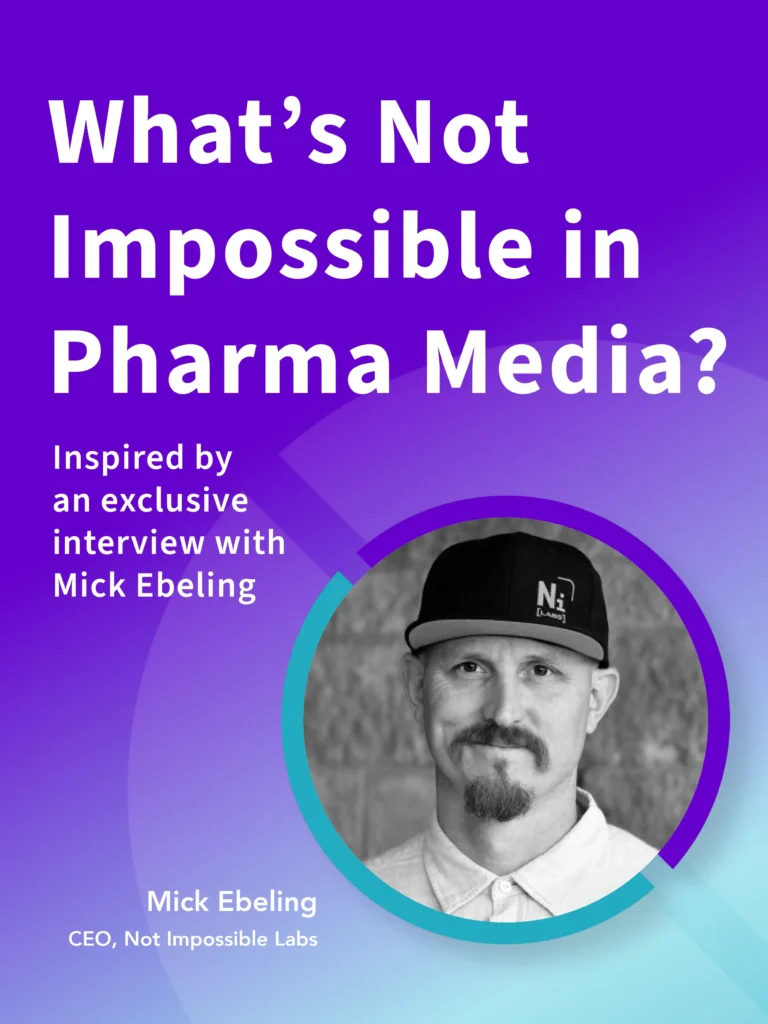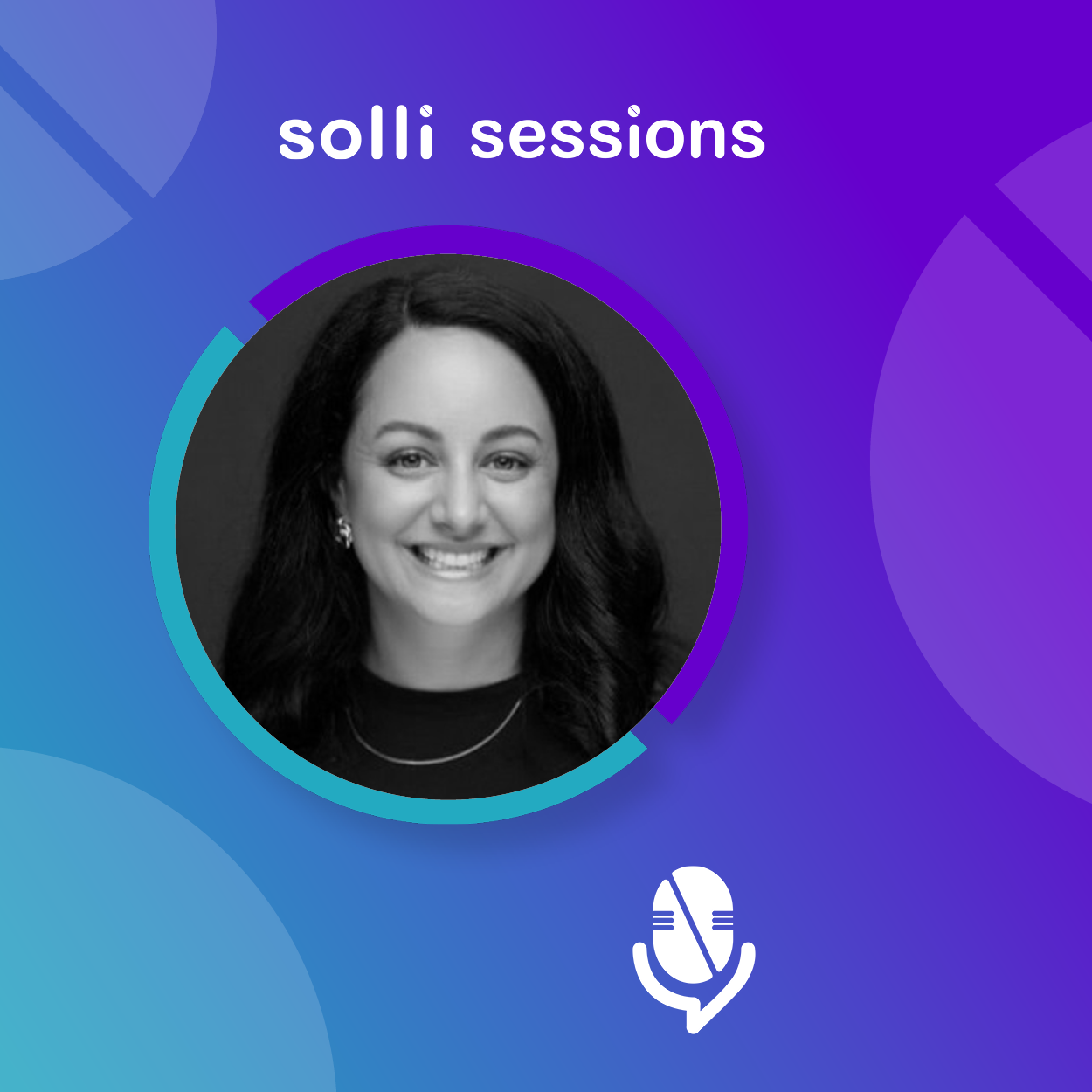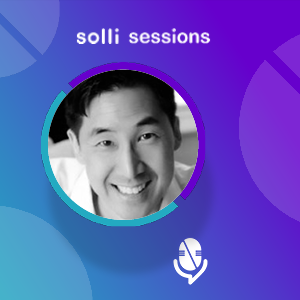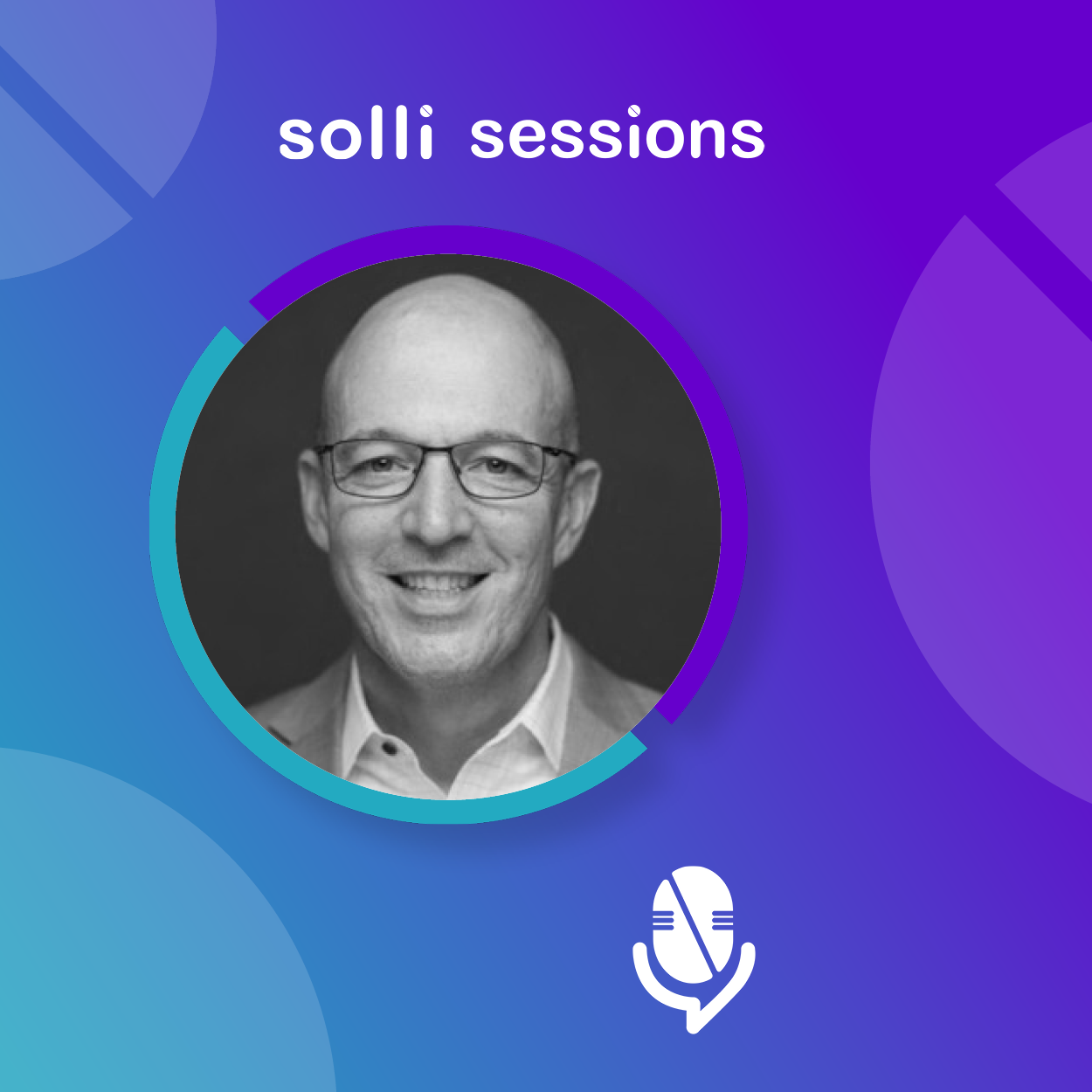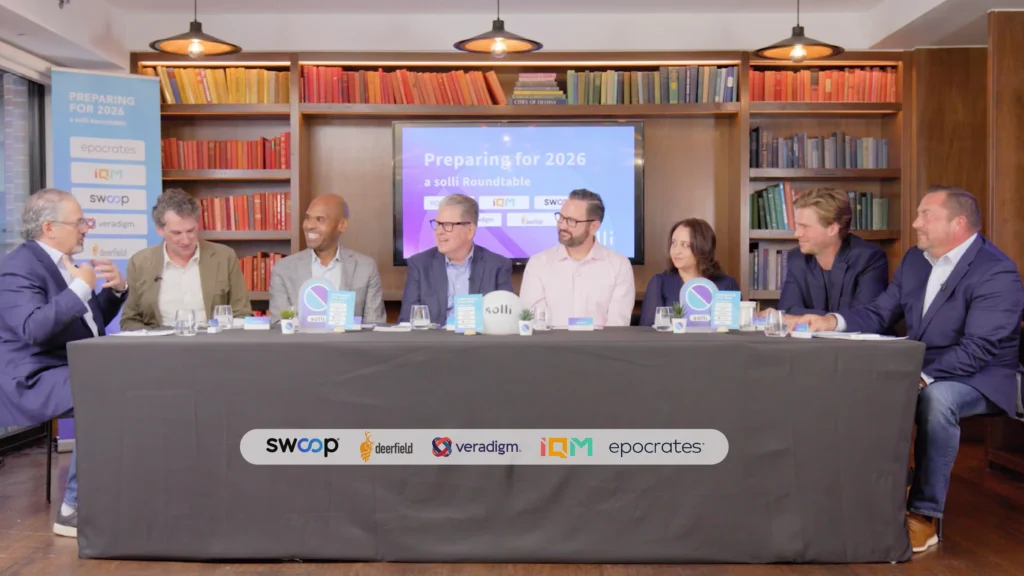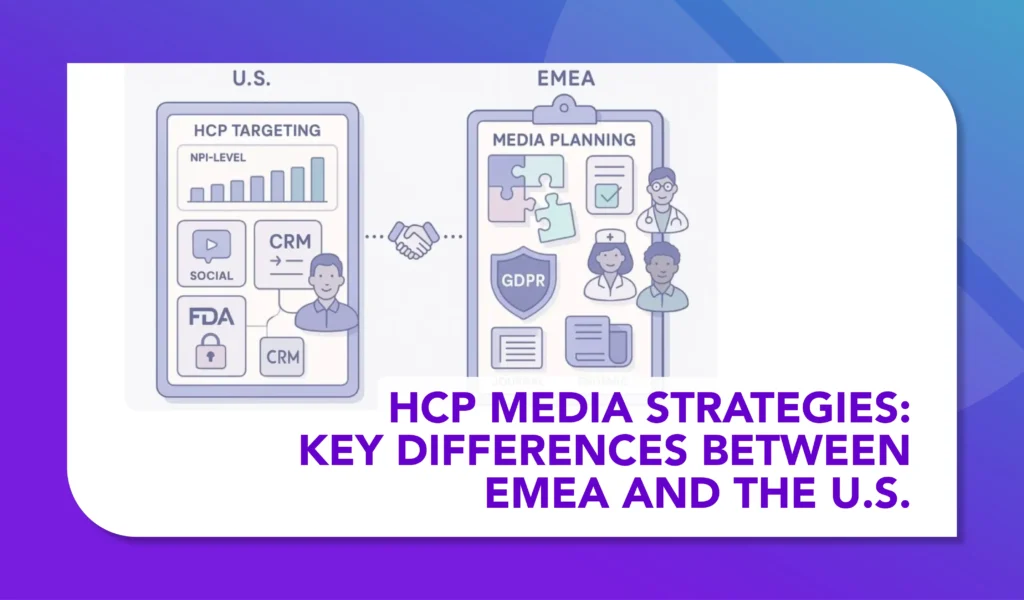What is the Future of AI/GenAI in Pharma HCP Marketing?
Balancing innovation with empathy, a dive into AI's role in pharma marketing through the lens of healthcare professionals

One of the hottest topics in 2024 is how AI — and specifically generative AI, or GenAI, which can actually create content — is poised to change the way pharmaceutical companies market their products to healthcare professionals (HCPs).
Although the general perception is that AI is a recent phenomenon, many companies have already been using AI in omnichannel marketing for some time. From target list development to message optimization, machine learning algorithms have been successfully implemented and have shown to drive script lift.
However, with the launch of OpenAI’s ChatGPT in November 2022, companies are predicting that GenAI will have a significant impact on their businesses. For instance, a McKinsey Global Survey conducted this year showed that three-quarters of those surveyed predicted GenAI will have substantial and disruptive change in their industries in the near future. (McKinsey & Company. The state of AI in early 2024: Gen AI adoption spikes and starts to generate value. May 30, 2024. Accessed July 22, 2024.)
Recent conversations with pharma and industry experts have revealed key aspects of how AI can be employed to accelerate pharma marketing and optimally engage with HCPs. Here are some use cases already emerging given the rapid pace of change in our industry:
Virtual detailing
These applications underscore AI’s transformative potential in reshaping pharmaceutical companies’ approaches to selling and educating HCPs about their products. However, the humanistic aspect of healthcare must remain a priority. Medicine is inherently about caring for patients; it is essential to balance technological advancements with empathy and human connection.
A conversation I had recently with a second-year resident in Iowa City highlighted this balance. He emphasized the importance of maintaining human touch despite technological advancements, stating:
“We’ve got all these new technologies, and they’re amazing tools, but if you can’t be a person, you’re not going to be able to be a good doctor, in my opinion. Maybe AI will figure out that empathy piece and take us over. But, until then, I think we’re going to still need good community-based doctors.”
As we develop advanced AI-powered HCP engagement solutions and hyperpersonalized content, it is crucial to conduct thorough research into customer needs and to consider ethical and safety factors. Healio is committed to partnering with pharmaceutical companies to provide innovative AI/GenAI solutions and technology that inform and educate HCPs about their products and services.

AI is revolutionizing healthcare in many ways. From using algorithms to helping diagnosis in radiology to shortening the wait time for pancreatic cancer biopsies and consultations, physicians are beginning to understand the impact AI can have on patient care. In addition, AI can reduce administrative load, such as by using predictive analytics to determine staffing efficiencies and by using GenAI to transcribe patient visits.
But at the end of the day, how do doctors really feel about AI? Are they worried it will take over their jobs, or are they rolling up their sleeves and engaging with solutions that reduce their cognitive overload?
In a survey done by the AMA,41% of physicians were equally concerned and excited about the potential capabilities of AI in healthcare.(AMA Augmented Intelligence Research – Published Nov. 2023. Accessed Aug. 1, 2024.)
The survey results showed physicians were most enthusiastic about tools that can reduce administrative burdens such as documentation, but they also showed interested in AI’s potential impact on diagnostic ability and clinical outcomes. Respondents held concerns in the areas of patient privacy and the effect on physician-patient relationships.
Results from a survey conducted during an AI workshop I hosted as part of Drexel University’s Executive Leadership in Academic Medicine program were similar. The consensus was that doctors are primed to learn and engage with AI but have concerns about privacy. The qualitative data showed a desire to understand how AI could help with day-to-day operations and impact patients’ well-being. Although there was a focus on access to care, important questions arose around safeguards. Overall, the interest in GenAI was high, especially in terms of assisting with patient visits, patient discharge instructions, and research and education.
Physicians want to be and need to be at the table as we embark on this new chapter. They are hopeful to see how innovation can affect patient care from new drug development, to better outcomes and improved access. There is acknowledgement that AI’s capacity is tremendous and, as expected, physicians harbor some hesitation about security.
Most importantly, there is a hunger for education around innovation and AI and a real desire to utilize solutions that improve healthcare.
This was written by Anthony S. Manson, Chief Digital Officer, Healio.

